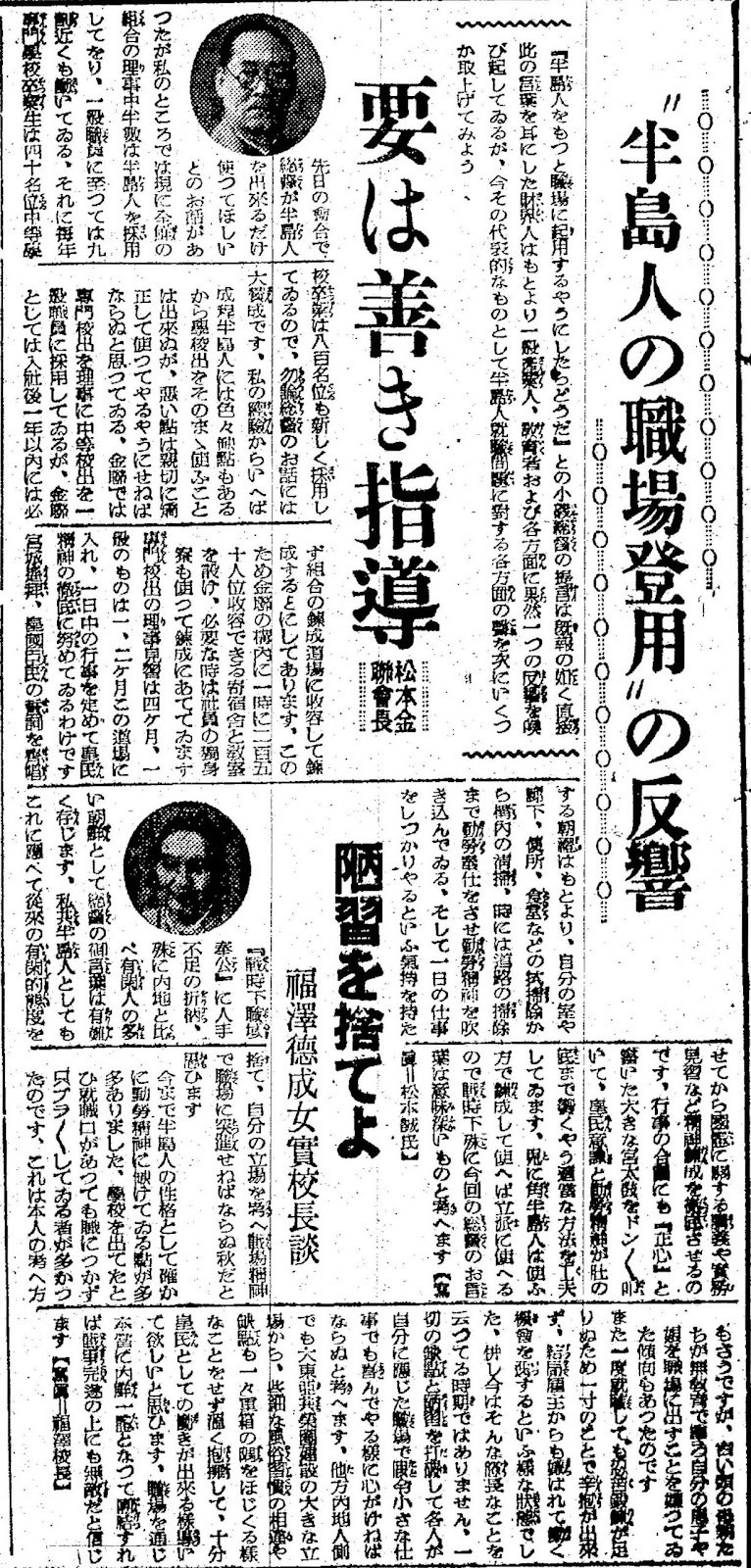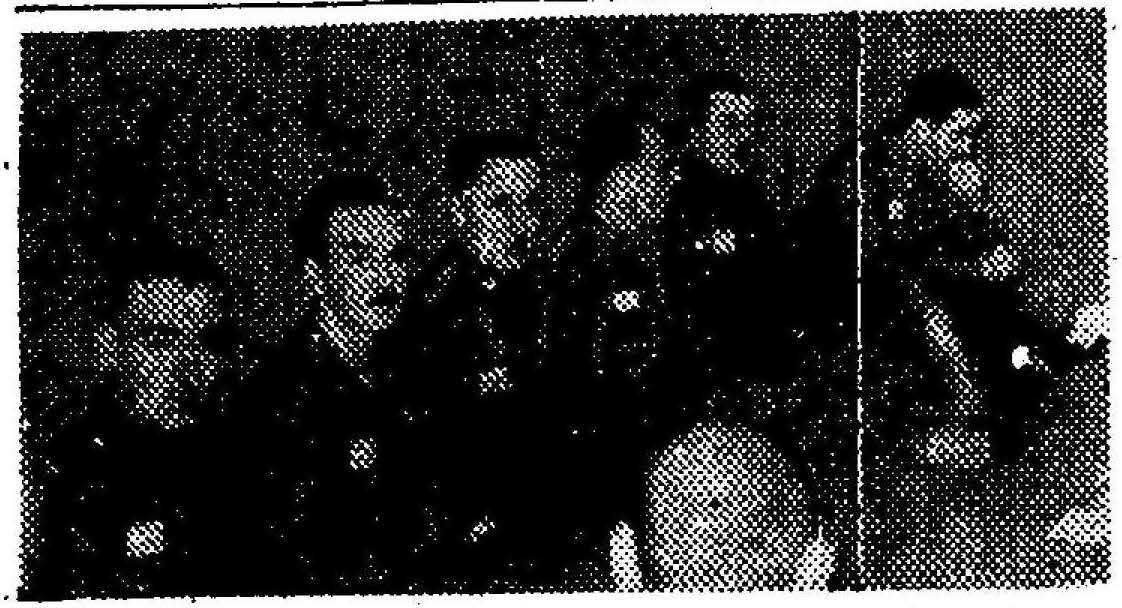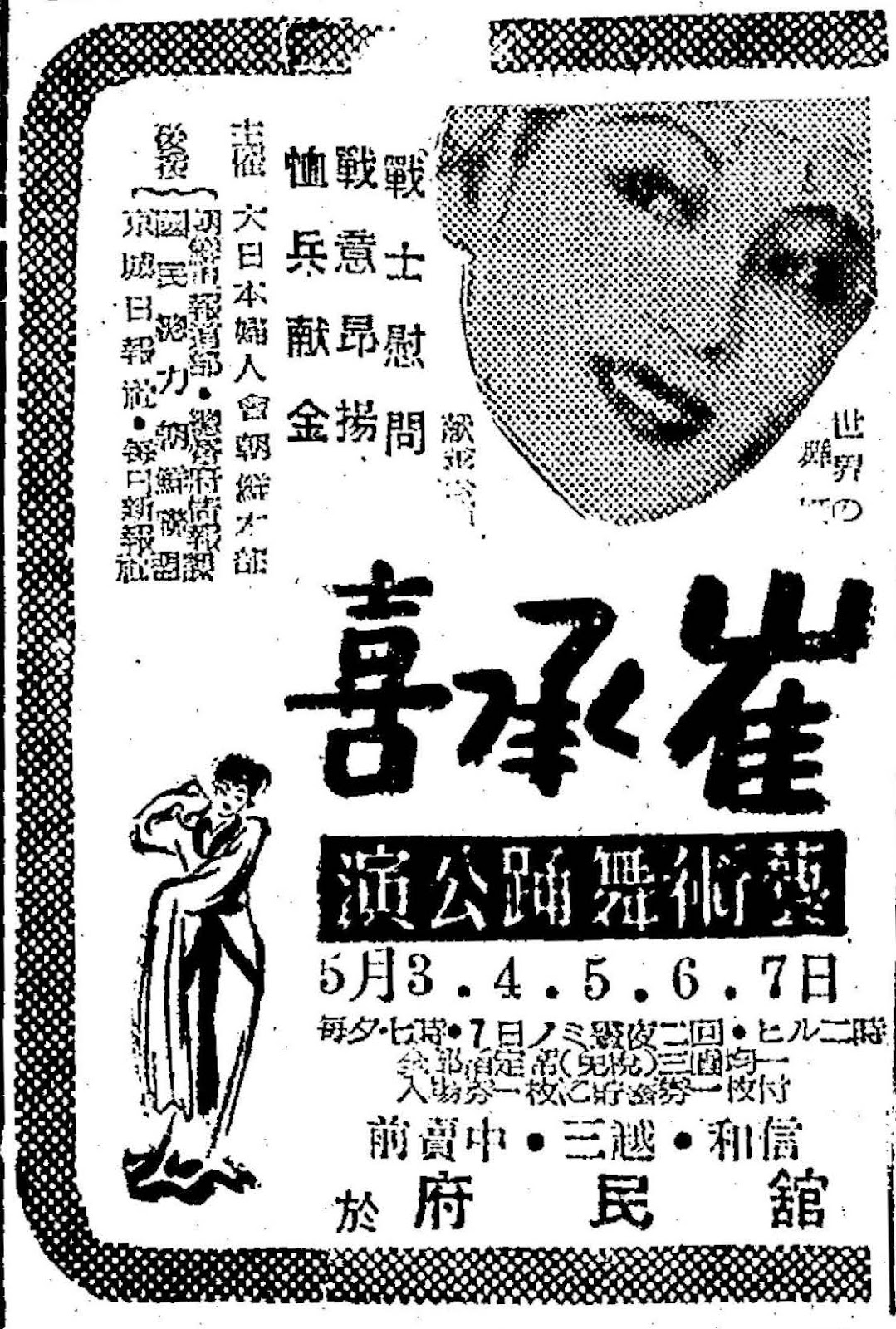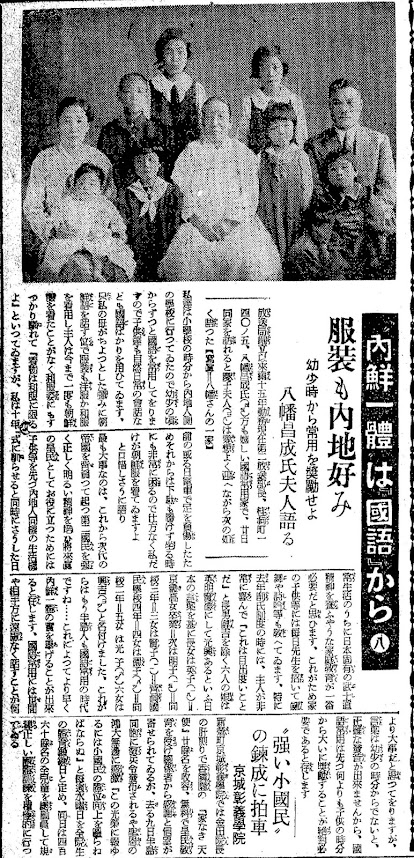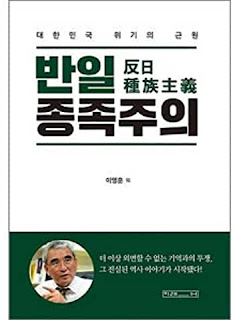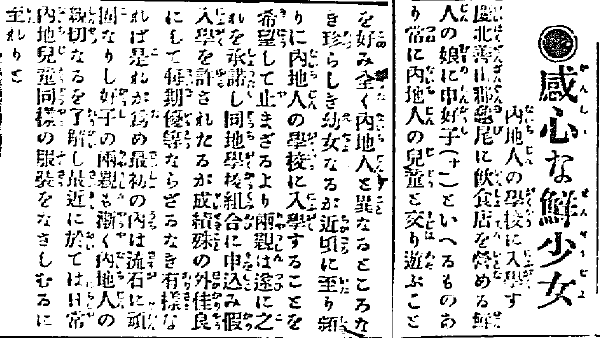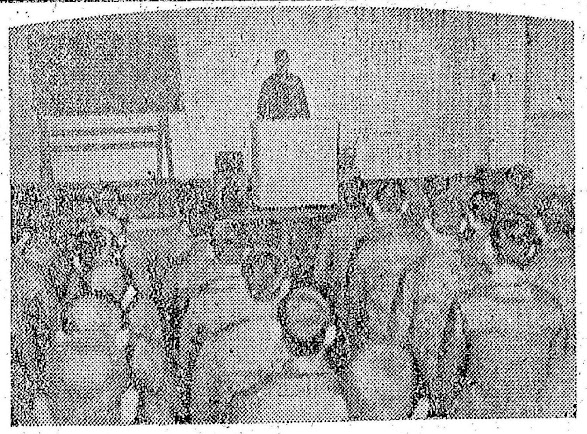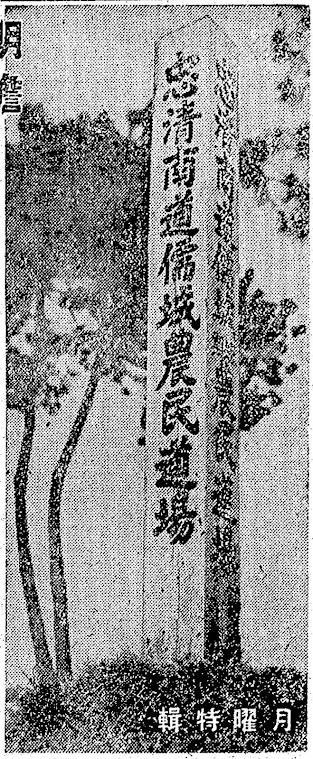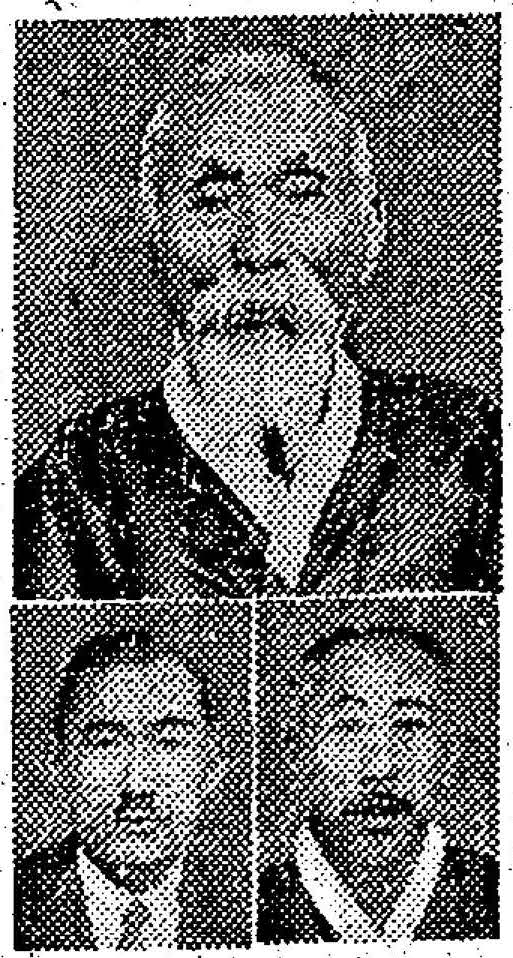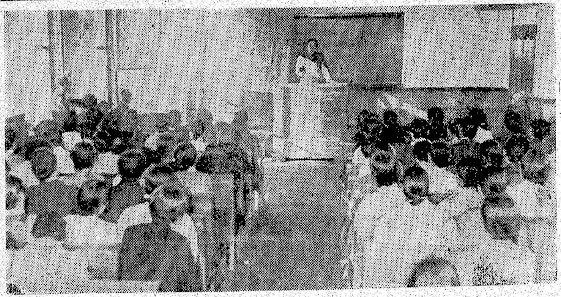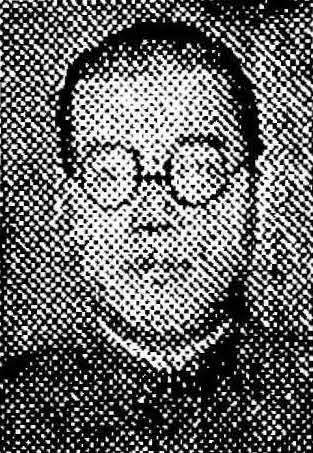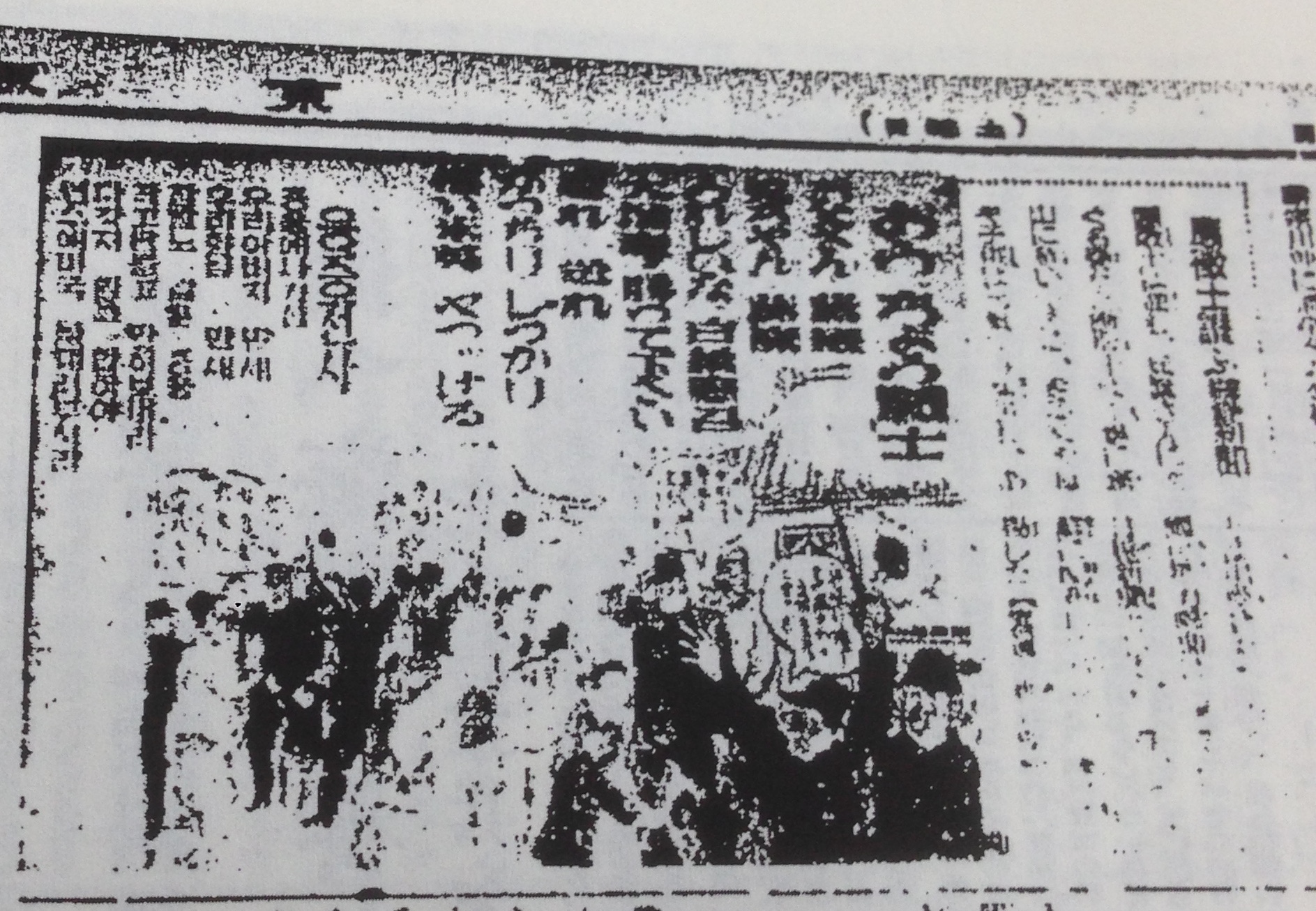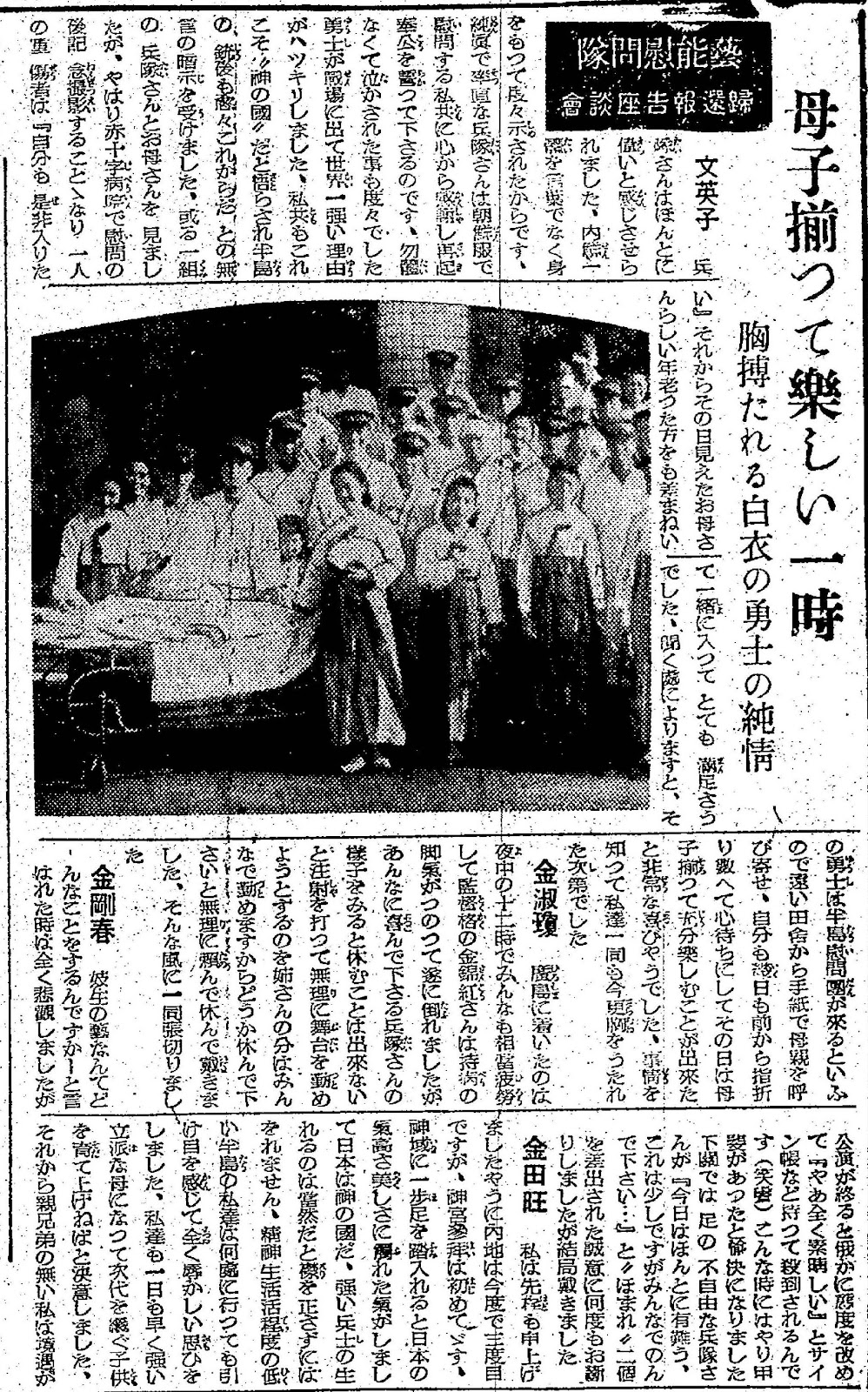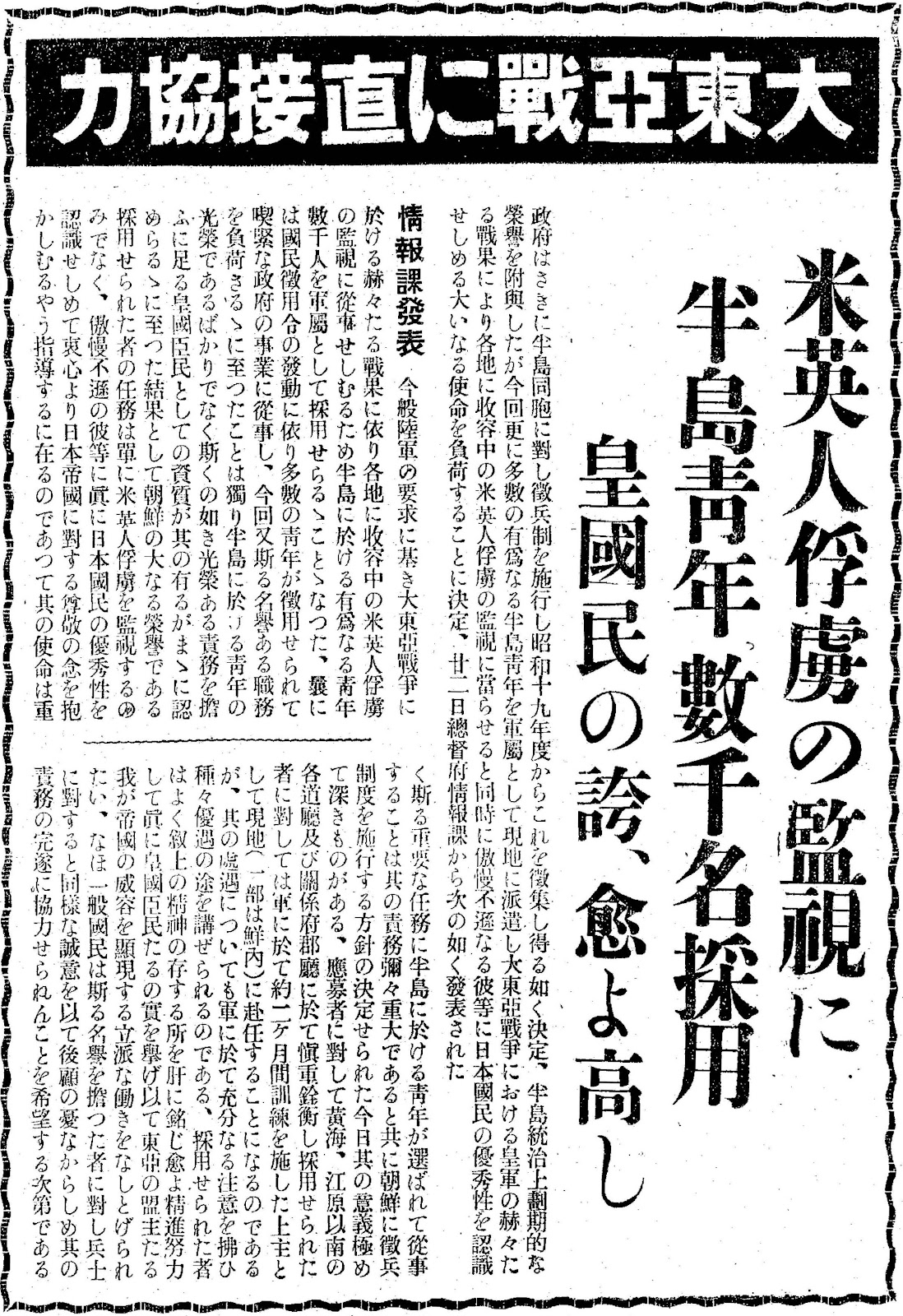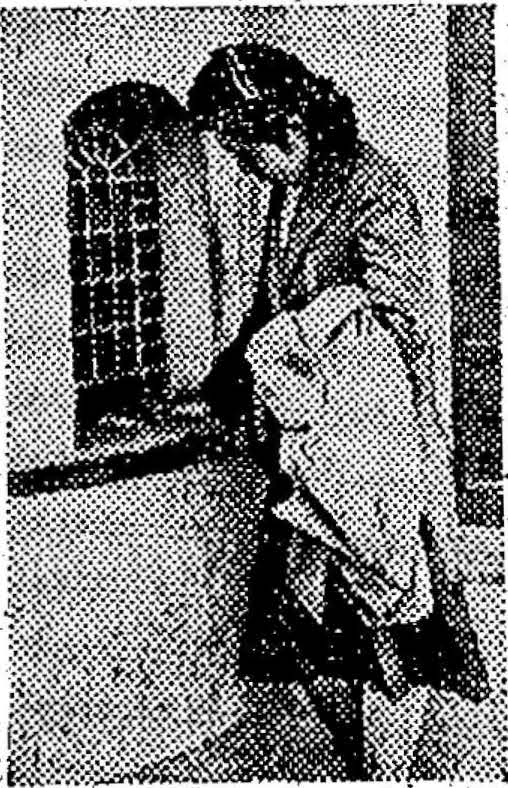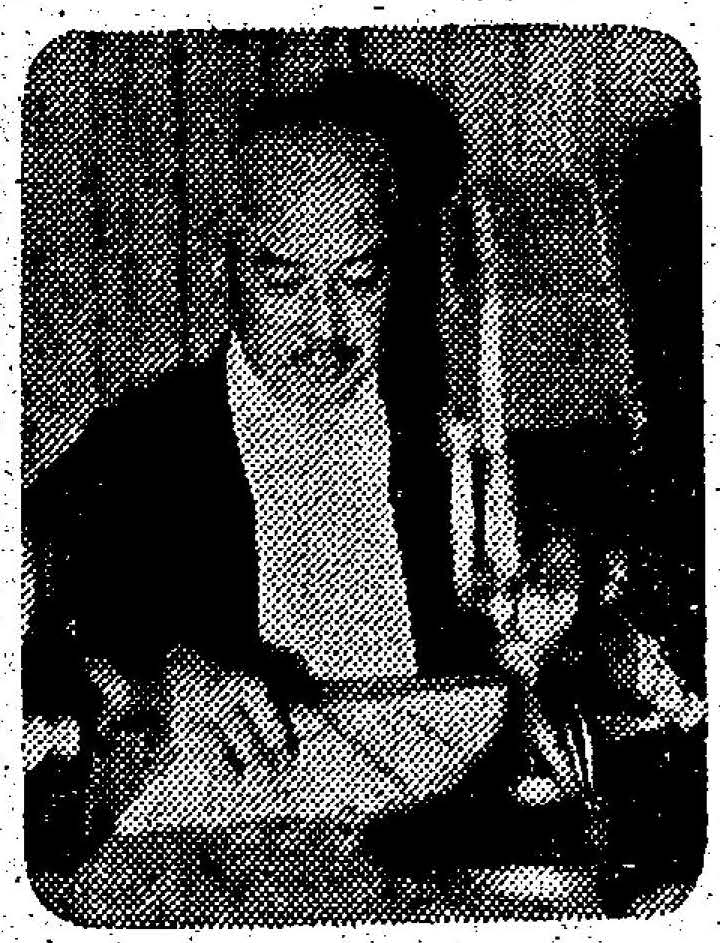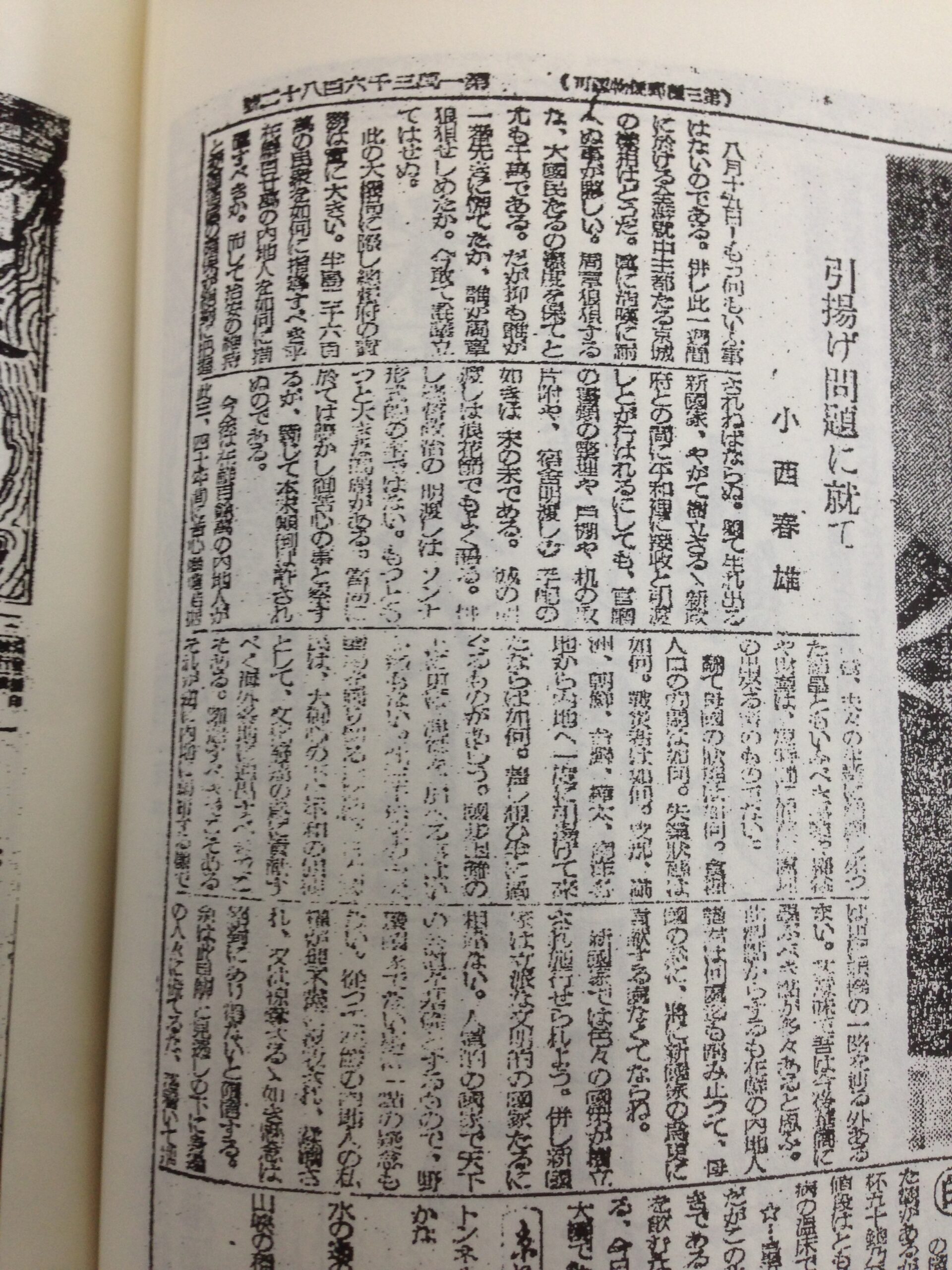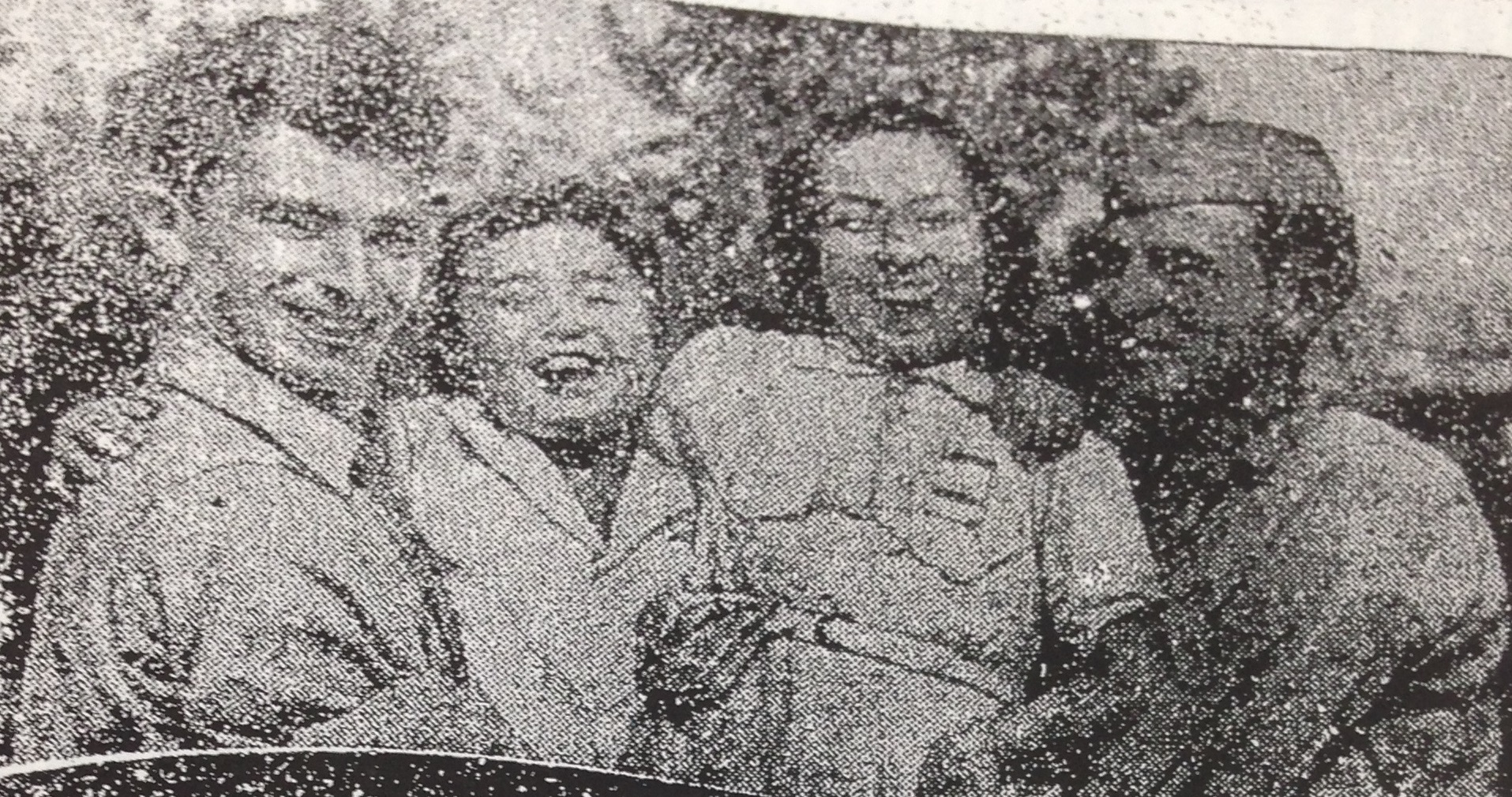
American soldiers meeting local women and shopping for flowers and dolls in Seoul and Incheon, providing trucks to Patriotic Groups to clean the streets (September 21-22, 1945)
2023-12-16
291
1004
These photos are from pages of the Keijo Nippo newspaper that I stumbled upon during my visit to the National Library of Korea a few months ago. Taken on September 21 and 22, 1945, just days after the U.S. military arrived in Korea on September 8th, they show American soldiers enjoying their free time meeting local women and patronizing local business in the Seoul-Incheon region. The captioning of the American soldiers with local women as “American Soldiers with Children” is rather odd. My theory is that the news editors did this to cleverly get around US military censorship by using euphemisms.
I also translated an adjacent article about a Patriotic Group cleaning the streets around the Hantō Hotel (now Lotte Hotel Seoul) and the former Mitsui & Co. building (now the Seoul Metropolitan Council) across the street from the hotel. The Patriotic Group was a colonial-era neighborhood cell that enforced strict Imperial Japanese regime control over every aspect of the lives of the colonized Korean people as the lowest level governance unit under the direct control of the party, and later the military, but in the post-liberation era, it has become just a regular neighborhood association handling local issues. There was also an interview with the US military government about the freedom of assembly.
The article about the Japanese dolls mentions that a U.S. soldier recognized one of the Gogatsu Ningyō (May festival dolls) as the likeness of Benkei, a medieval warrior monk who was famed for dying while standing as he was riddled with arrows. Benkei would not have been that well known among Americans at this time, so I’m guessing that this particular U.S. soldier must have been quite the rare Japanophile whom we would call a ‘weaboo’ today.
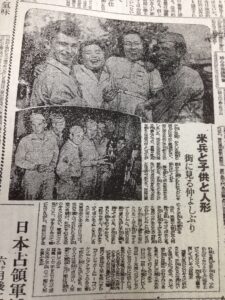
[Translation]
Gyeongseong Ilbo (Keijo Nippo) September 21, 1945
American Soldiers with Children and Dolls
Getting Along Together in the Streets
Children and soldiers. Indeed, there are no national borders hindering the flow of such emotions. The friendship seen between American soldiers and children in the streets, or in workplaces where American soldiers are present, transcends language and customs, and brings warmth to our hearts. The innocent gestures of children must be a great comfort to the homesickness of the American soldiers who have come across the sea. They indeed adore children.
The other day, when three American military officers visited the head office of this newspaper on official business, a child was instructed to offer tea to the guests. Worriedly, the child handed a teacup to the officer, who then, taking it, patted the child’s head and said “Oh, thank you” in broken Japanese. The child’s eyes sparkled with joy, exclaiming, “That uncle said thank you!” and laughed happily.
Near the American military barracks, the smiles of children playing around the American soldiers brighten the autumn sky like flowers. They play games like train and tag, holding hands in a circle, imitating the songs hummed by the American soldiers. When tired, they are lifted onto trucks, playfully pushing the clouds in the sky.
No matter how the winds of reality blow, the world of the children is always cheerful, and the bond between “the children and the soldiers” grows deeper and warmer day by day.
[Incheon] “Oh, what a lovely doll”… An American soldier was enthralled by the Gogatsu Ningyō (May festival dolls), contemplating them as gifts for folks back home. Doll shops in the city, welcoming such guests, are unusually busy with their displays of these May festival dolls. Soldiers walking through the streets with dolls in their arms, talking cheerfully in accented voices about “Geisha girls” and “Benkei“, bring smiles to the faces of townspeople. The city brightens with the bustling doll shops. [Photos: Above – American soldiers and the children holding hands and playing, Below – American soldiers buying dolls in the city]
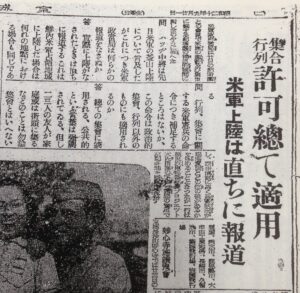
Assemblies and Processions: All Permitted
US Military Landings to be Reported Immediately
On September 20, the US military government responded to supplementary questions from the press corps about the US military’s landing and assemblies as follows:
Q: General Hodge recently mentioned the US military’s landing at Busan. Will the US military government make any announcements regarding this?
A: The landing will be reported immediately once it actually occurs. This applies to any location within the areas in Korea occupied by the US military.
Q: Are there any additional details about the US military police’s orders regarding processions and assemblies? Do these orders apply to assemblies other than political rallies and processions?
A: They apply to all assemblies. The term “public” is emphasized. However, a gathering of two or three friends at home or on the street is, of course, not considered an assembly.
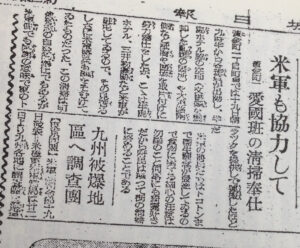
In Cooperation with American Soldiers
Cleaning Effort by the Patriotic Group of 1-Kōgane-machi
On September 19th, every Patriotic Group member in 1-Kōgane-machi Town Association started their cleaning effort at 9:30 AM, collecting rubbish and cleaning both sides of the main road and the open land (the rundown former site of incineration of printed materials) near the Hantō Hotel and the former Mitsui & Co. building, where US soldiers are stationed. The unsightly view was something even the American soldiers turned their faces away from. This cleaning effort, a voluntary service by the town’s residents, was also supported in gratitude by the US military, which provided trucks for transportation.
The American soldiers are extremely health-conscious, paying meticulous attention to food and cleanliness. Therefore, residents should make an effort to keep the city clean.
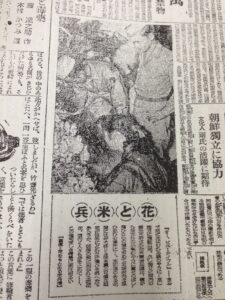
Gyeongseong Ilbo (Keijo Nippo) September 22, 1945
Flowers and American Soldiers
“Oh, beautiful”… Like butterflies frolicking among flowers, American soldiers, allowed to tour the city for the first time in a long time since their stationing in the Seoul-Incheon region, spread their wings like birds released from a cage, seeking joy in various places in Seoul. At a florist on Honmachi Street, the charming and fragrant flowers in full bloom brought them much delight. The soldiers holding flowers, flowers, flowers, brought smiles to the faces of passersby, brightening the city. [Photo: American soldiers seeking flowers]
[Transcription]
京城日報 1945年9月21日
米兵と子供と人形
街に見る仲よしぶり
子供と兵隊。こうした感情の流れにはやはり国境がない。街に見る米兵と子供たちとのしたしみ、或はまた米兵の居る職場などでの、言葉や風俗を超えた彼等の仲よしぶりが思うこと多いわれわれの心を和らげてくれる。
海を超えて来た米兵たちの郷愁にも、子供たちのあどけないしぐさは大きななぐさめとなるのであろう。彼等は実によく子供を可愛がる。
先日、米軍の士官が三人用務で本社へやって来たとき、子供にお茶を上げるようにと言いつけたところ、『お茶のむかしら』と心配しながら子供の差し出す湯呑を手にとった一人の士官が『オオアリガト』と、片言の日本語で言いながら子供の頭を撫でてやった。子供はきらきらと眼をかがやかせて、『おじちゃん、ありがとうって言ったよ』とうれしそうに笑った。
米軍宿舎のあるほとりでは、米兵を囲んでたわむれる子供達の笑顔が、秋空をかざる花のように明るい。電車ごっこ、鬼ごっこ、手をとり合って輪になりながら、米兵の口ずさむ歌を真似る子供たち。つかれればトラックの上に抱き上げてもらって、空を飛ぶ雲を押してはしゃぐ彼等だ。
現実の風がどのように吹こうとも、子供たちの世界はいつもほがらかである。そして『子供と兵隊』のむすびつきもまた、日ましに深くあたたかくなって行くのである。
【仁川】『おー可愛らしい人形だ』...本国へのプレゼントにと五月人形に恍惚として見取れる米国の兵隊さん。このお客さんを迎えた府内の各人形屋は時ならぬ時期に五月人形の陳列に大勢街行く将兵は人形を抱え乍ら『ゲイシャガール』、『ベンケイ』とアクセントのある声で和かに語りながら歩き、街の人々は笑顔で見送り、人形屋の大繁昌と共に街は明朗色を増している。写真:(上)手をとり合って遊ぶ米兵と子供(下)街に人形を買う米兵
集合行列:許可総て適用
米軍上陸は直ちに報道
米軍政府当局は二十日の記者団との会見で米軍の進駐及び集会に関する記者団の補足的質問に対し次のように答えた。
問:ハッジ中将は先日米軍の釜山上陸について言及したが、これにつき米軍政当局は何らかの報道をなさぬか?
答:実際に上陸がなされたときは直ちに報道する。これは鮮内米軍占領地域に上陸した場合は何れの地点における場合も同じである。
問:行列、集会に関する米軍憲兵の命令につき補足するところはないか、この命令は政治的集会、行列以外のものにも適用されるのか?
答:総ての集会に適用される。公共的という言葉は強調されている。但し二三人の友人が家庭或は街頭に集るなどのことは勿論集会とはいえない。
米軍も協力して
黄金町一 愛国班の清掃奉仕
黄金町一丁目町会では十九日朝九時半から各班員が出動し、半島ホテル脇の空地(文藝類を焼却した乱雑の箇所)や大道路両側など紙屑や塵埃を取り片付けに労力奉仕をしたが、ここは半島ホテル、三井物産跡など米軍が駐屯しているので、その見苦しさに米軍将兵も顔をそむけていたものだった。この清掃は町会有志の自発的奉仕でもあるが、米軍側でも感謝の意味で軍のトラックを提供して運搬したほどだ。
米軍の将兵たちはトコトンまで衛生観念が発達しているので、食物に対する細心の注意は勿論のこと、何事にも綺麗好きだから府民は挙って街の清掃に努めることである。
京城日報 1945年9月22日
花と米兵
『オー、ビューティフル』...まるで花にたわむれる蝶のように、京仁地方に進駐以来、久し振りに府内の観光を許されたべ軍将兵達は、檻から放たれた小鳥のように翼をのばし、悦びの心の糧を求めて京城府内を思い思いの場所に。本町通のある花屋には今を盛りと咲き薫る可憐な草花が彼等にどれだけ悦びを与えたであろうか。彼等の胸に抱かれる花花花、道行く人々も歩を止めて、この微笑ましき情景に街は明るい。【写真=花をもとめる米兵達】
